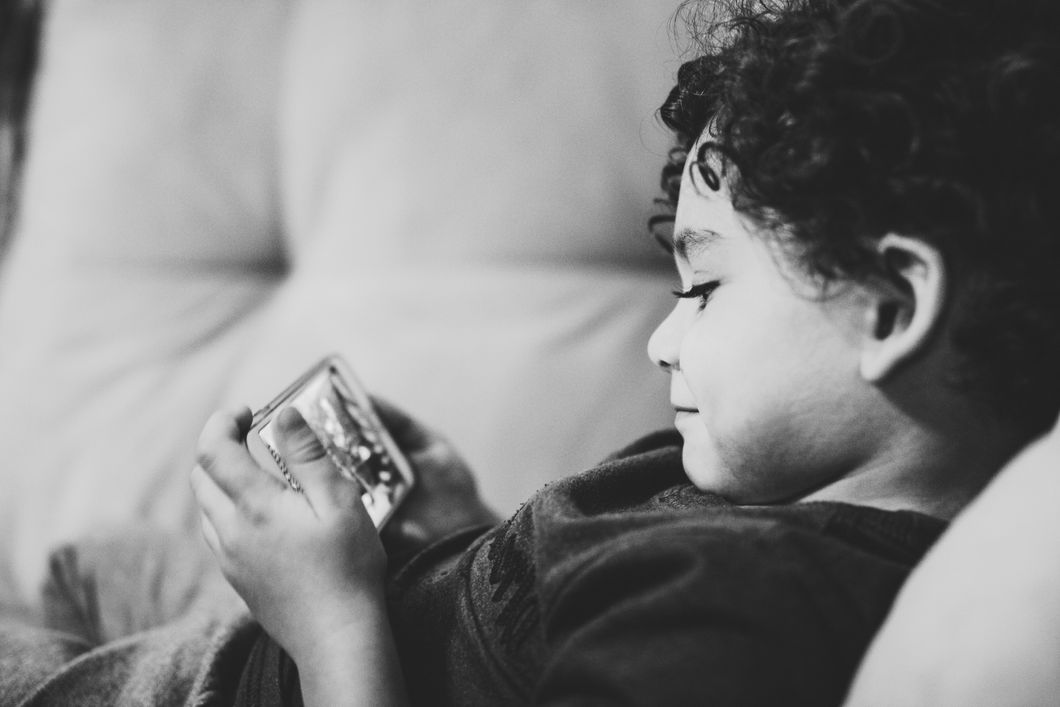In the world of technology, it seems as if there's a new app, product, or device being made or updated every single day. The motive behind all of these new innovations seems to be making life easier and more efficient. Millions of people live with a device, Amazon's Alexa, which allows us to call out to it and order it around, and it will gladly comply (even if you have to repeat your orders a few times
The purpose of products like Alexa is to reduce the time and effort we spend performing simple tasks, such as setting an alarm or playing a song on Spotify. This concept isn't a new one; Siri, which essentially revolves around the same purpose, has been around for years. Alexa, however, has been considered groundbreaking because it sits around your house or dorm room, blending in with the rest of your furniture, just waiting to be ordered around.
I guess it's safe to say that the inventors behind all of these developments have had good intentions; they have made life easier and more efficient after all. Something that used to take days to do, such as delivering a letter, can now be done simply in a matter of seconds; not only can information spread faster, but anyone can create an email account and use it to write to anyone across the world from the comfort of their home from practically any device. Technology really does seem like a lifesaver sometimes.
But what's the cost of this efficiency? It's without a doubt that a vast amount of effort and hours have been saved because of how simple the modern world has become. Yet, our dependence on recent innovations has made us less self-reliant, while being more reliant on inhuman machines and codes created by scientists and engineers.
Whenever I need to find an answer to something, my very first instinct is to pull out Safari on my iPhone and search for it on the internet. I've become so accustomed to searching for things on the web that I can type the word "Google" with my eyes closed in a matter of seconds (or maybe even milliseconds). Sometimes I will even ask questions to the people around me for them only to reply with, "I don't know, maybe Google it?"
My generation doesn't know what it's like to skim through a book or to seek out information from an expert because we're practically attached to devices that hold all the information we want to know in the click of a button. The only hard-copy dictionary in my house belongs to my parents; I have no need for such a dictionary because I have Google bookmarked on my computer and cell phone. I didn't even bring a dictionary to my dorm room for school this past year.
My fellow millennials and I lack the skills it takes to ponder deep within our minds to try and find the answer to any questions we encounter. We don't know what it's like to be responsible for our own knowledge and learning; why spend even a second trying to independently find the answer to something when you just can ask Siri? If the products are so expensive, we might as well use them.
We're also losing the ability to remember and remind ourselves of important things. Our parents are probably better at keeping appointments and remembering ingredients they need to buy than we are. When we can set reminders on our phone by simply saying aloud, "Alexa, set an appointment for Friday at 9 AM with Doctor Smith", there's no need to exert the mental energy and spare the brain cells it takes to remember such things; your phone will let you know that you have an appointment as the time approaches.
The most ironic thing about our devices reducing the time and effort it takes to complete simple tasks, in my opinion, is how we spend the time and energy we are saving. Sometimes when I'm done with my homework or watching a movie, I zone out by scrolling through my Instagram and Facebook feed for nearly twenty minutes. So, essentially, the time and energy I save using my devices are being used by the same devices, only in a different, more passive form.
Therefore, not only are we becoming less self-reliant and proactive, but recent technology is also making our generation more passive and apathetic. Does anyone know if Apple has created a device that can remove the invisible glue that's sticking our hands to our phones yet?












